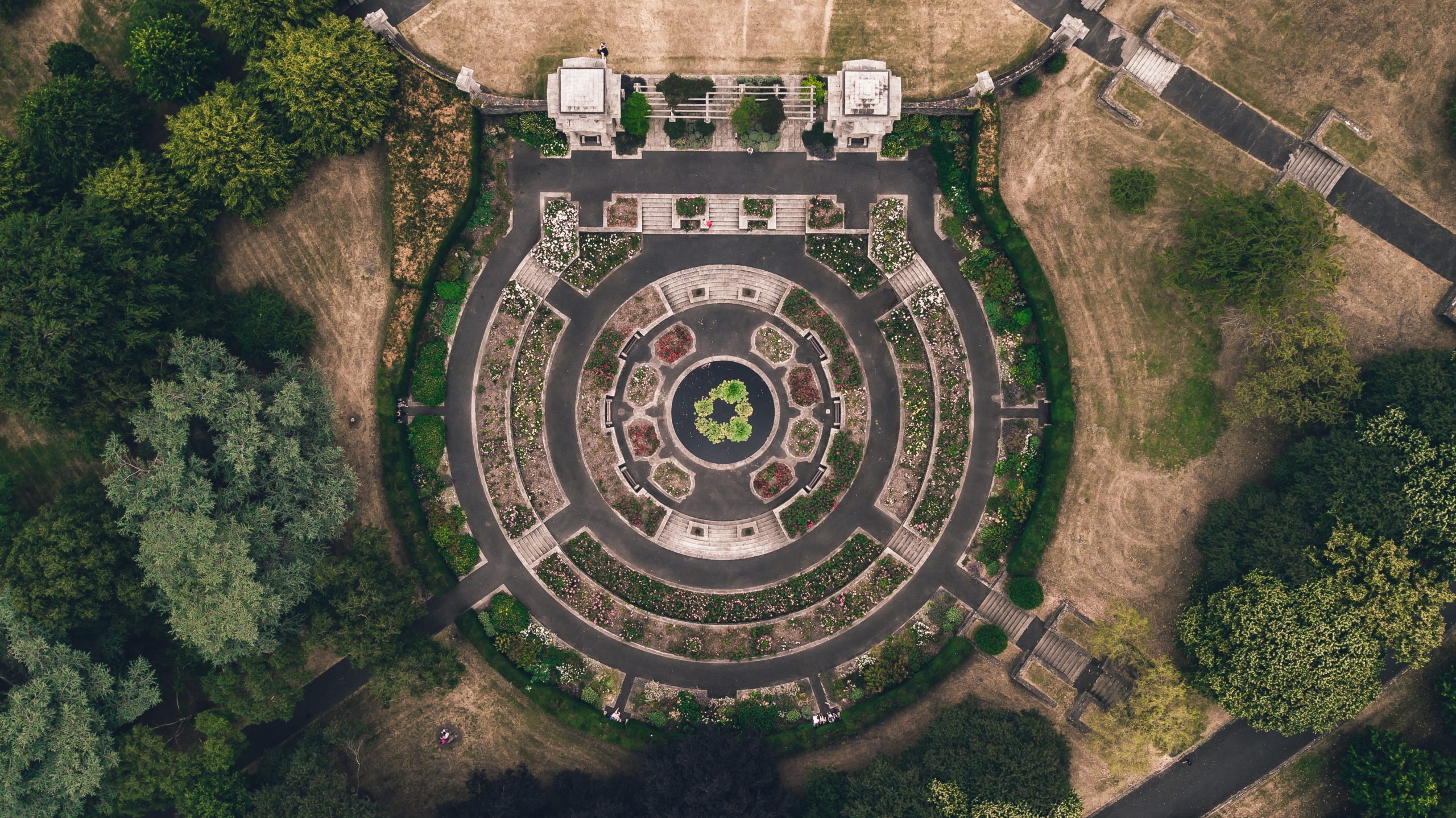Dublin introduces new ecological ‘wilding’ strategy

The city of Dublin has introduced a series of ecological measures with the delivery of a new ‘wilding’ policy to enhance and improve the landscapes and local environment in parks and grasslands. The step changes to reduce mowing and chemical use in parks will enable wildflowers to flourish and support local ecological and habitat development in the city.
Dublin city council made the decision to enforce a reduction in mowing and eliminate the use of chemicals in parks and grasslands. Wildflowers have traditionally been considered as invasive species by the council and are now being allowed to flourish in open space, on roadside verges and in parks. What is being referred to as the wilding of green areas in Dublin is a positive step in enabling previously suppressed species to thrive and develop local habitats and food for a number of species.
Les Moore, the chief park’s superintendent of Dublin explains that the council has taken measures to reintroduce a number of new species and reduce the human impact on local ecosystems in park areas. Moore explains that a number of new specimens are being trialled throughout the summer period.
The wilding movement in Dublin’s parks raises a number of interesting questions in how we can transform urban landscapes to further support our local ecology and biodiversity. Aside from the benefits to the environment, a rewilding strategy has been proven to have a positive impact on people’s mental health and wellbeing. What has become quite clear through the crisis is that many people have had the opportunity to take time to appreciate their environment.
The importance of promoting ecology
The pandemic has proven to be a rather difficult lesson in understanding the natural world and has shown how important a knowledge of ecology really is. In a recent study, 6 out of 10 people in the UK want the government to place health and wellbeing as priorities when we start to emerge from this crisis. Raising learning of ecology may be challenging but placing ecology at the core of learning processes and at the heart of our everyday lives should be something that is taken more seriously. In terms of education, local authorities have the opportunity to rethink and reshape learning strategies. Outdoor learning offers an opportunity of getting people back to school and enables social distancing and other measures to be implemented easier, along with re-engaging people with the natural world.
A sense of belonging and appreciation of nature has become more important to many. Promoting our ecology and biodiversity within new development measures, whether this is in a rural or urban environment should be considered a top priority by the government and local authorities.